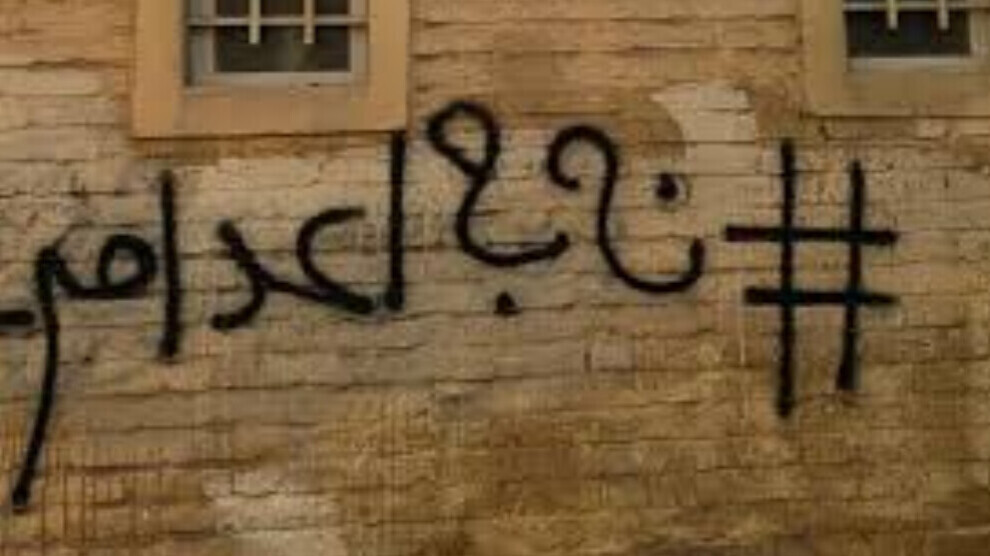Rejecting executions: Women stand united for justice
Following confirmed death sentences, women denounce the rulings, seeing continued struggle as vital to protecting the legacies of Bekhshan Azizi, Sharifeh Mohammadi, and Verisheh Moradi, and fostering women’s solidarity.

SAYE MOHİBİ
Mahabad – Despite the fundamental human right to life, the death penalty has long been a tool of repression used by Iran’s Islamic Republic, particularly against regime opponents, through executions and show trials lacking credibility.
Since the outbreak of the “Jin Jiyan Azadi” movement and protests following the killing of Mahsa Amini, women have faced harsher targeting, including solitary confinement and arrests. The recent confirmation of death sentences for Sharifeh Mohammadi and Bekhshan Azizi has intensified public anger and criticism of the Iranian authorities, while women around the world have mobilized to demand the abolition of these executions and call for justice and democracy in Iran.
Weakening of Iran’s regime
Under the Islamic Republic, women’s activism has taken diverse forms. Women across society have continuously fought for their rights, demonstrating that societal liberation is intertwined with women’s emancipation.
Mahvash K., a student at the University of Tehran, reflected on a group photo of her peers taken before the 1979 revolution, saying: “We women were among the first victims of the 1979 revolution. Most of my friends in this photo either emigrated, were imprisoned, or killed, yet their individual struggles weakened the regime. A similar pattern occurred during the 2022 protests, involving women on a wider scale.”
She added, “The Iranian authorities today should fear this growing female outrage. Executions and long prison sentences only intensify it. The women whose lives are currently at risk are our lives. We have been on the frontlines, and what the authorities are doing is open oppression of society. Women must ask themselves how far this anger will echo.”
‘No to the death penalty’
Many women have protested against the implementation of death sentences, rejecting all forms of execution. They argue that the Islamic Republic is facing a legitimacy crisis, which has fueled their involvement in the women’s struggle.
Shida M., from a family of detainees during the 1980 uprising in Mahabad, said authorities aim to suppress women’s activism: “We are approaching the third year since our revolution in 2022. At the same time, we hear reports confirming death sentences against activists.”
She emphasized: “These women have fought against such sentences all their lives. When social workers, labor activists, and women’s rights defenders are sentenced to death, it signals fear even over the smallest aspects of women’s lives. ‘No to the death penalty’ is not just a slogan; it is a principle we fight for every day. Women’s struggles will not stop, and these inhumane, immoral sentences must be halted immediately.”
Struggle continues
Despite systemic pressures from both authorities and a patriarchal society, women have persisted in their protests. Many view efforts to halt the executions of political prisoners as a central component of the global women’s rights movement.
Delnia A., a law student, said: “The struggle does not end. Activists like Bekhshan Azizi, Verisheh Moradi, Sharifeh Mohammadi, and Zeynab Jalalian have inspired our generation. Our lives and activism are a continuation of their efforts. Every day I grow more determined, and challenging patriarchal systems has become part of our daily lives as women.”
She added that there is no law criminalizing the fight for a free life: “These women are imprisoned simply for being women who resisted societal injustice. We, the women of this society, stand with them and will amplify their voices. This voice has transcended borders and nationalities through a women’s alliance, and today, the world supports Bekhshan Azizi, Sharifeh Mohammadi, and Verisheh Moradi.”
